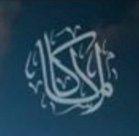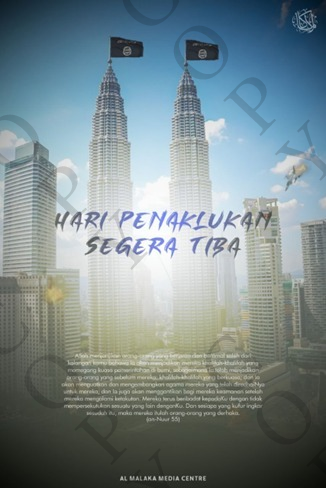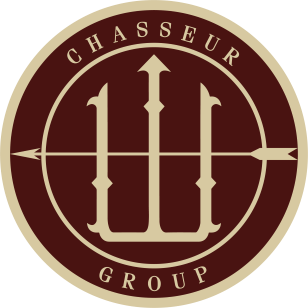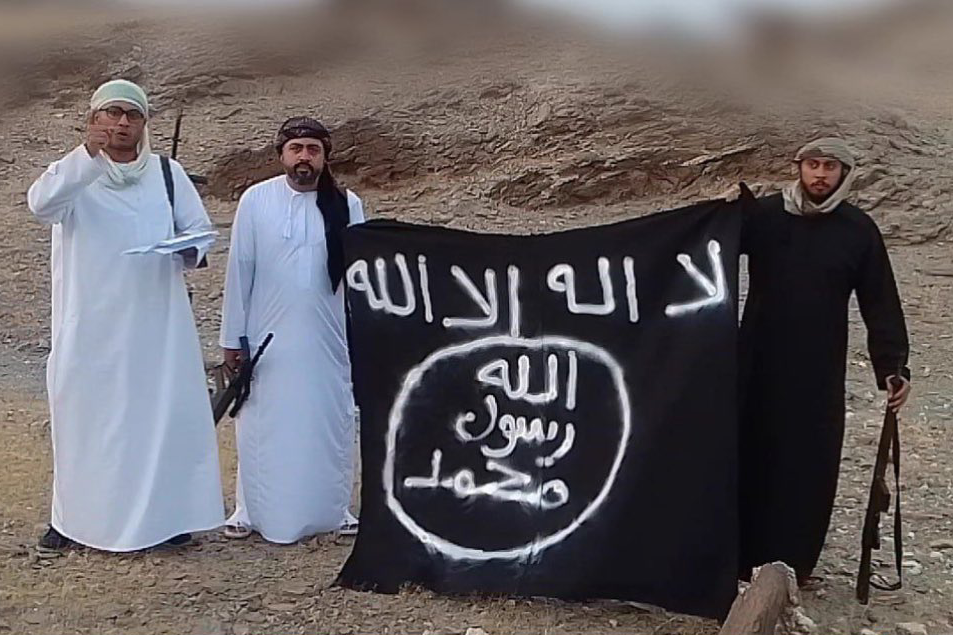The Deep Dive: Al Malaka Media Center
Media reports indicate that the Islamic State (IS) has set up a media platform in Malaysia called Al Malaka Media Centre. Who or what is Al Malaka Media Center, and what are its implications?

Summary
On 5 March 2023, The Vibes reports that the Islamic State (IS) has established a media platform called Al Malaka Media Centre in Malaysia, which is linked to IS media outlets in Indonesia and the Philippines. According to the report, Al Malaka Media Centre operates by providing content within the dark web and seeks to use its radical ideology to destabilise the current administration led by Prime Minister Datuk Seri Anwar Ibrahim by lending support to an unnamed domestic “radical political party and an established radical organisation”. However, our analysis indicates that there is no compelling evidence to substantiate these claims.
Overview
Propaganda has played a crucial role in the Islamic State (IS) operations since the group’s inception. At its height in 2015, IS adeptly utilised various media channels and strategies to disseminate its distinctive media content, with the aim of attracting new members and instilling fear in its adversaries. However, the group's official strategic communication capabilities declined following the fall of the Caliphate in 2017. The disintegration of the Caliphate has impacted pro-IS factions in Indonesia and the Southern Philippines, affecting their capabilities and their operational tempo.
The Covid-19 pandemic also contributed to the mounting difficulties faced by these groups, hindering their mobility, compromising their abilities, and curtailing their access to vital resources. Despite these challenges, the affiliated groups maintain their optimism and commitment to the underlying ideology. In the region, IS sympathisers continue to operate online by creating their own pro-IS media centres, primarily on the encrypted messaging service Telegram, although others have begun to emerge on other unregulated platforms. Consequently, Indonesia has requested that Internet Service Providers (ISP) block various Telegram channels in an effort to curtail the influence of these groups.

What is Al Malaka Media Center?
The self-styled Al Malaka Media Center is one of the many purported pro-IS media entities currently active on Telegram. Due to its name, a misconception arises, leading people to believe that it is a Malaysian pro-IS group associated with the coastal state of Malacca in southwestern Malaysia. However, this assumption deviates significantly from reality. Indeed, the term "Al Malaka" supposedly originates from Arabic المالك, meaning "The Owner" (see Fig. 1).
Allegations of Supporting Political Party
The Vibes report claims that Al Malaka Media Centre is disseminating content through the dark web to undermine Malaysia’s current administration, led by Prime Minister YAB Dato' Seri Anwar Ibrahim, by supporting an undisclosed “domestic radical political party and an established radical organisation”. At the surface, this inference appeared credible based on one of their content pieces that featured Malaysia's famous landmark, the Petronas Twin Towers. However, these assertions also reveal a limited understanding of the Islamic State as an organisation, its ideology, and its operations. Additionally, the term "dark web" mentioned in the report actually refers to Telegram, which is part of the surface web.
Firstly, the Islamic State and its followers subscribe to a takfiri ideology and the concept of "near enemies," which involves targeting and delegitimising other Muslims as kafir ("infidel") and justifying violence against them. Secondly, as part of the Salafi-jihadi tradition, IS’ strict interpretation of tawhid al-hakimiyah (“legislation is for none but Allah”) promotes the belief that God is the Supreme Lawmaker, and any human-made laws, like democracy, are considered polytheism. Finally, as a result of this perspective, most key Salafi-jihadi theorists reject democracy, regarding it a distinct, self-established religion. As such, it is unlikely that the Islamic State or its supporters would back any established political party, given their categorical rejection of democratic procedures and involvement in a pluralist state, which they view as kufr ("disbelief").

Further Analysis
Islamic State propaganda frequently focuses on several key themes, including the establishment of an Islamic caliphate, the responsibility of Muslims to join their struggle, and the apocalyptic nature of their fight against non-believers. These messages aim to inspire followers, justify violence, and persuade potential supporters that they are part of a larger, divine mission. Like numerous other messaging products generated by various pro-IS groups attempting to emulate IS central's propaganda framework, the image was crafted to invoke shock and awe in its audience through the utilisation of warnings and graphic violence. This approach seeks to intimidate opponents and demonstrate the group's power.
Upon examining the poster (Fig. 2), along with other messaging materials obtained from Al Malaka Media Centre channel, it becomes evident that the diction used in its messaging is Indonesian rather than Malay. This finding suggests that the group is based in Indonesia, rather than Malaysia as initially assumed. It is crucial to discern between these two languages and avoid conflating them, as they are distinct and not interchangeable.

Another messaging product (Fig. 3) also appears to target a Malaysian audience, but the wording and style indicate that a non-native Malay speaker is attempting to produce Malay language content. With the widespread use of technology and computer-assisted translation (CAT) tools, this is hardly surprising. During the peak of Islamic State, Katibah Nusantara was established in 2014 with the aim of making focused efforts to broaden its influence among Bahasa-speaking communities. Pro-IS groups in the region have been known to rely on CAT tools and the Google Translate service to expand the variety of their messaging efforts. Al Malaka is probably trying to emulate this strategy to enhance its appeal and legitimise its presence. As of now, the poster remains the only item that features a Malaysian landmark.
Implications
The implications of Al Malaka Media Center's propaganda messaging and its alleged ties to political parties underscore the risks that misinformation poses to political stability and national security. Additionally, it illustrates how counterterrorism can be politicised and employed to discredit political rivals, emphasising the need for authorities to approach such cases with the utmost caution and sensitivity. In conclusion, managing misinformation and disinformation effectively becomes crucial to preventing unwarranted alarm, refraining from securitising particular communities, and maintaining public trust in institutions.
Please feel free to share The Deep Dive with your colleagues and we kindly invite you to consider becoming a free or paid subscriber to support our publication.



